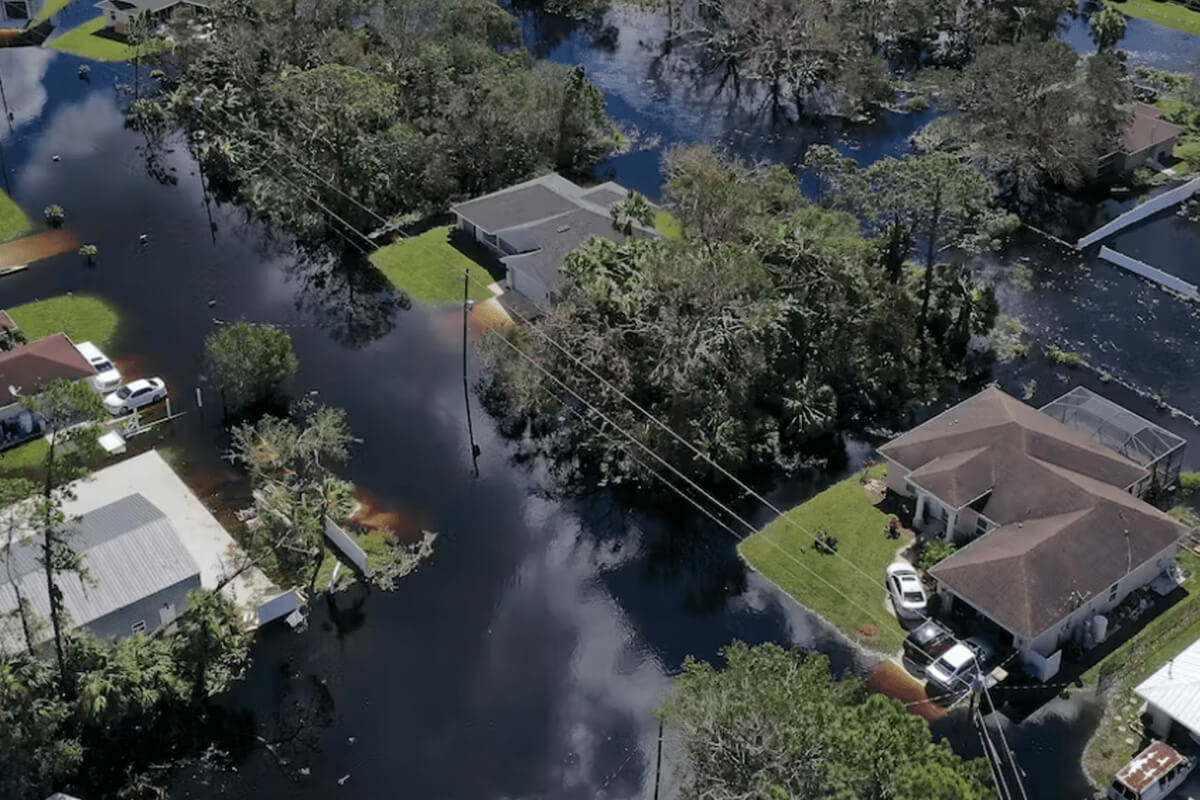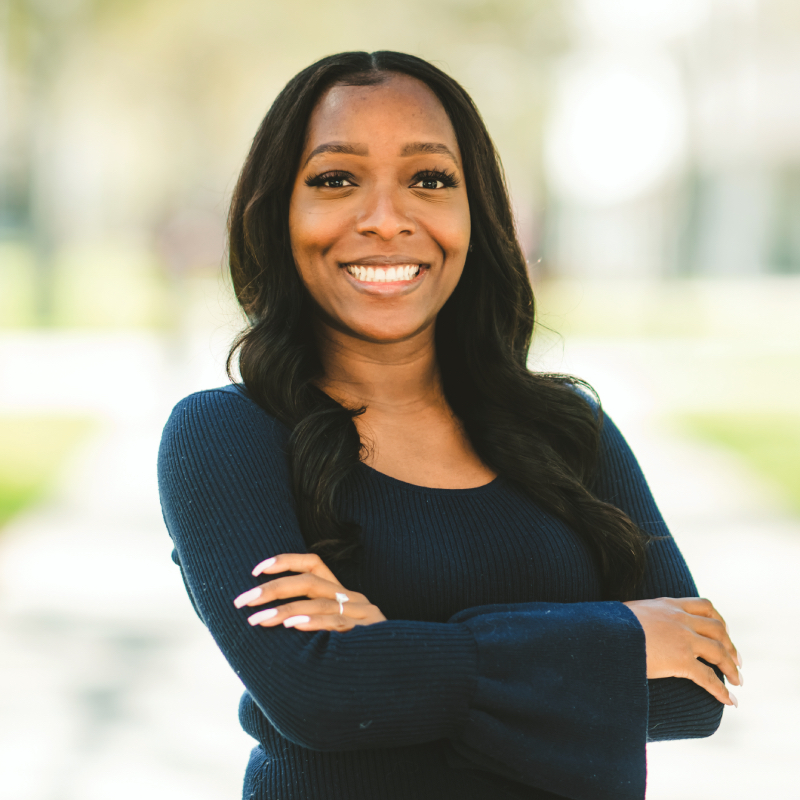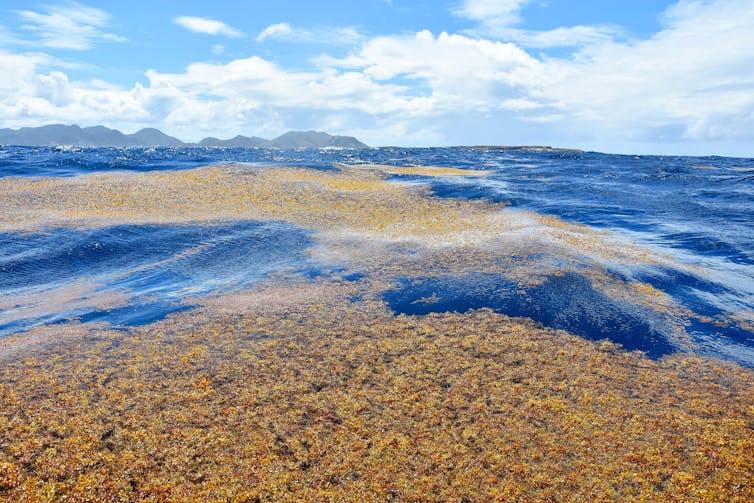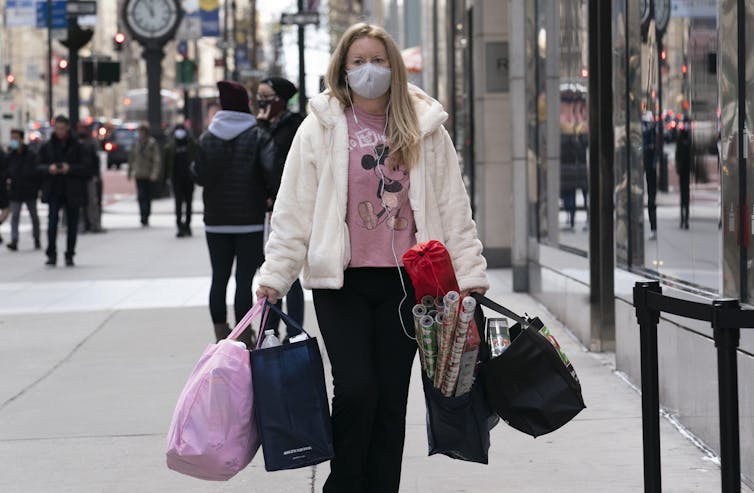
The final stop of the scientific process for many researchers – communicating results – is when an article is published in an academic journal. FIU scholars and scientists don’t stop there.
According to a Pew Research Center poll, more Americans are paying attention to science news and a majority rely on information from experts to make sense of scientific information. FIU scientists are actively sharing their knowledge on important, timely topics of national and international importance with people across the world by writing for The Conversation. This nonprofit, independent news organization publishes articles written by experts for the general public.
Since FIU became a member of The Conversation in 2021, more than 50 of our academics, researchers, doctoral and postdoctoral students have shared important information rooted in research. These articles have garnered more than 2 million views, according to The Conversation, and been republished by major media outlets, including CNN, PBS, Scientific American and the Washington Post.
Here are the top articles that became conversation starters in 2022:
Ready to write for The Conversation?
From increased citations to new material for grant proposals, see why FIU researchers are writing for The Conversation. Connect with a broader audience and unlock new opportunities for your scholarship.
Work with the Office of Media Relations and Communications to craft a pitch, and be the next FIU researcher to be featured in The Conversation.

The big reason Florida insurance companies are failing isn’t just hurricane risk – it’s fraud and lawsuits
Shadid S. Hamid
Professor of Finance
College of Business
Hamid, who directs the Laboratory for Insurance, explains Florida’s insurance market – and how the state’s insurer of last resort, Citizens Property Insurance, which now carries more than 1 million policies, can weather the storm.
“So, I’m not as worried for Citizens. Homeowners will need help, though, especially if they’re uninsured. I expect Congress will approve some special funding, as it did in the past for hurricanes like Katrina and Sandy, to provide financial aid for residents and communities.”

What the Voyager space probes can teach humanity about immortality and legacy as they sail through space for trillions of years
James Edward Huchingson
Professor Emeritus and Lecturer in Religion and Science
Steven J. Green School of International & Public Affairs
Each of the Voyager spacecrafts carry a Golden Record containing two hours of sounds, music and greetings from around the world. This presents a unique way to explore ideas of immortality, explains Huchingson.
“But in the distant future, the two Voyager spacecraft will still be floating in space, awaiting discovery by an advanced alien civilization for whom the messages on the Golden Records were intended. Only those records will likely remain as testimony and legacy of Earth."

How Sarah Baartman’s hips went from a symbol of exploitation to a source of empowerment for Black women
Rokeshia Renné Ashley
Assistant Professor of Communication
Communication, Architecture + The Arts
Ashley shares findings on her study about Saartjie “Sarah” Baartman, an African woman who in the early 1800s was something of an international sensation of objectification, and explores how Black women today feel about her story and legacy.
“I interviewed 30 Black women from various cities in South Africa and the mid-Atlantic U.S. and asked them about Baartman. Would her image represent a reviled past or a canvas of resilience?”
— Rokeshia Renné Ashley

What’s driving the huge blooms of brown seaweed piling up on Florida and Caribbean beaches?
Stephen P. Leatherman
Professor of Coastal Science
College of Arts, Sciences & Education
Seaweed piling up on Florida beaches has become the new norm. Leatherman provides insight into what’s driving this change and how affected countries can predict the severity of the next influx.
“Data gathered over the past decade has revealed the likely causes of these seaweed invasions: Saharan dust clouds, warming temperatures and the growing human nitrogen footprint.”

How much sleep do you really need?
Dana McMakin
Associate Professor of Clinical Science and Cognitive Neuroscience
College of Arts, Sciences & Education Center for Children and Families
McMakin studies how sleep impacts mental health in childhood and adolescence. In this article, she breaks down why getting a good night’s sleep is essential to overall health.
“When someone’s asleep, it can look like they are turned “off” and not doing anything at all. But, that’s not true. Your brain and body are activated and doing important things while you sleep, like organizing nerve cells, regulating hormones, repairing cells and clearing out toxins.”

Why are prices so high? Blame the supply chain – and that’s the reason inflation is here to stay
Craig Austin
Assistant Teaching Professor of Logistics & Supply Chain Management
College of Business
Austin researches supply chains and examines how while prices surge because of a shortage of goods and labor in the supply chain, inflation might still be here to stay.
“Consumers should get used to the higher prices. They’re the new normal.”
